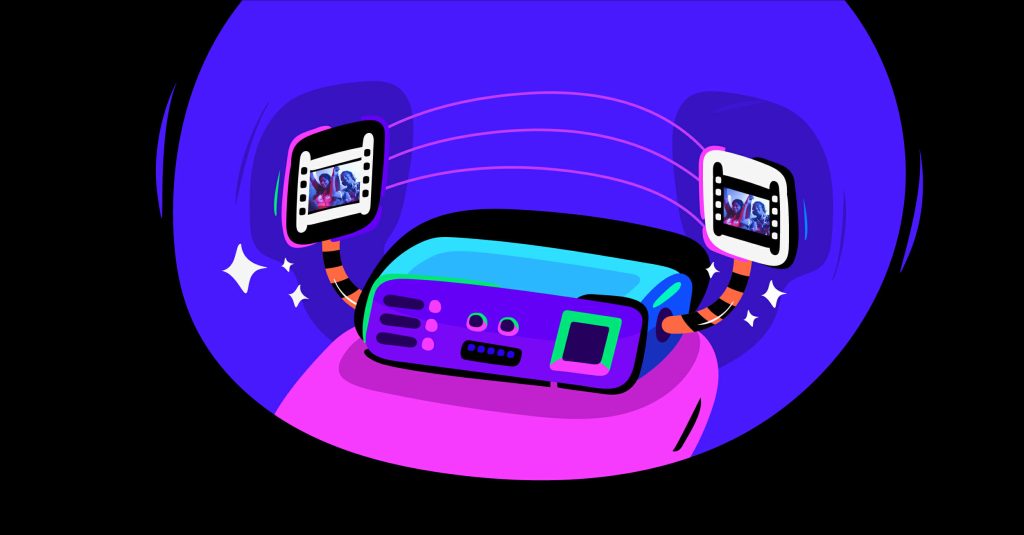Live streaming has become so popular in the last few years. From social media and e-learning to online gaming and corporate events, streaming has become a vital tool for social and business interactions. The technical backbone of a successful stream is the encoder.
How do encoders work, and why are they essential for quality live streaming? This post will explain about this technology and how everyone can use it to their advantage while live streaming.
What Does an Encoder Do?
An encoder is a hardware or software that is designed to convert audio data and raw video into a digital format that can be streamed on the internet. It is like a translator that takes the microphone and camera language and turns it into something that can be transmitted easily and understood by the viewer’s gadgets.
With so many encoders, beginners often wonder what to look for when choosing one for their needs. Seasoned live streamers choose the Pearl Nano from Epiphan because it is reliable and easy to use. When raw video files are awkward and large, it is hard to transmit them over the internet in real-time.
However, the live streamer can use an encoder to compress data and reduce its size. This does not affect the quality of the video at all. So compression ensures a smooth, high-quality live stream that won’t lag or buffer.
Is There a Variance Between Software and Hardware Encoders?
Since encoders come in different forms, it is important to know the common types to make a smart choice. A hardware encoder is a physical device that can compress audio and video data into a file format that is ideal for recording or streaming. The device has specialized processors and chips that are optimized to encode tasks and ensure high quality and efficient performance.
Hardware encoders can be used as a standalone unit or integrated into devices like recorders or cameras. The other type of encoders relies on software. These are programs that run on a mobile device or computer.
Software encoders are popular today since they are affordable, flexible, and easy to use. They can easily be customized and updated to suit the creators’ streaming needs. The software encoders are offered free online or have low-cost options. They rely on a device’s processing power, and this can affect their effectiveness.
How Can One Choose the Right Encoder?
The encoder one uses can affect the streaming experience. For this reason, it is important to select the right encoder depending on the show that needs to be streamed. If someone is aiming for professional streams, it is better to use a hardware encoder or any robust software version. For on-the-go streams, portable hardware may work perfectly.
Smartphone applications can also meet expectations. Anyone who is on a budget should choose a software encoder as they are budget-friendly than their counterparts. Other than cost, the technical expertise of encoders varies.
Some are user-friendly than others, so a user has to consider their technology comfort level before selecting a specific software or hardware encoder. Finally, the encoder should be compatible with the preferred streaming platform to avoid technical issues.
It is crucial for everyone who is looking to elevate their streaming game to understand how encoders work and use the right one. Whether the live streamer is an event organizer, content creator, or gamer, the right encoder can make the difference in offering quality and engaging live streams.

